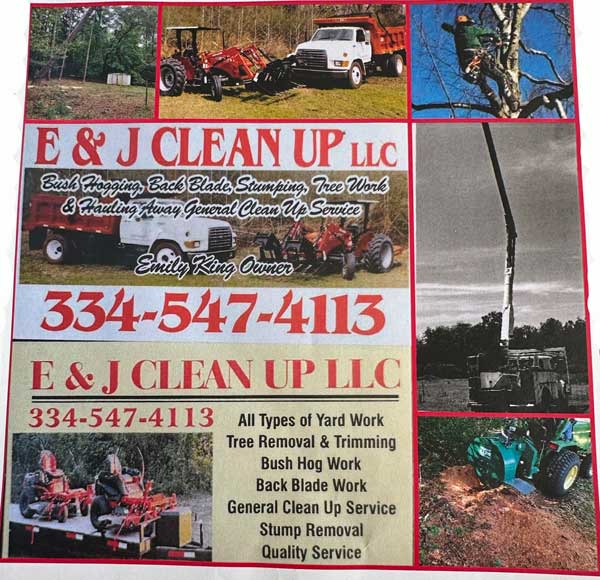Cut now and Pay Later
Viewed: 3164
Posted by: Matt Boster
Date: Aug 09 2015 8:17 PM
We’ve all read the news regarding our legislature’s actions and inactions regarding our state’s current budgeting process. We’ve all been exposed to the political diatribe and conflicts regarding budgetary decisions. And, we’ve all been exposed to the seeming irrationalities of a political system which does not provide for even formal consideration of a budget linking goals to action; doomed to failure because it’s aimed at the wrong Target.
One reason why public budgeting is often controversial and difficult is the fact that we expect it to do a number of different and sometimes incompatible tasks. Improving the budget process’ ability to perform one task may erode its ability to perform another task. One important and difficult budgetary task, as seen in Alabama’s current budgetary process, is the ability to set goals and priorities. Because we often want more than we can afford, budgeters must decide which services and programs deserve generous support, which should receive only modest support, and which ones should receive little or nothing. Is protecting the public against a consumption tax more important than reducing crime, maintaining safe streets, and allowing the public to live safely in their homes, workplaces, schools and churches? Is promising something, like "no new taxes," more important than providing quality education, a reasonable system of healthcare, and a burgeoning job market? Hence, we need to know that our budget process is fair, reasonable, and meets the state’s obligation to provide the resources aimed at ensuring the stability and wellbeing of all Alabamans.
Budgets aren’t simply about moving funds around… they are instruments to promote accountability, both to public officials and to the public. The budget process reflects the cumulation of decisions about the role of our state government. It represents a temporary resolution of critical issues. What should be public and what should be private? How much should be spent on what? Who should benefit and who should pay? In what directions should the immense influence of the state government be brought to bear to make Alabama’s electorate secure and foster stable economic growth? When consensus on policies to answer such questions is difficult, the temptation to tinker with processes is all but irresistible. Hence, budgets necessarily reflect the status quo… since they represent a compromise among competing interests. But conditions change; new needs emerge; new interests demand their fair share; older commitments preclude satisfaction of fresh demands; the existing pattern of revenues and expenditures fails to satisfy developing political configurations.
Thus, our 2016 budget challenge may be seen as an imbalance between daunting public policy problems (all of which require resources as part of their solution) and the apparent incapacity of the budget to come to grips with them. In addition, to establish areas of public funding and their own growth dynamic, additional issues press for budgetary recognition; creating the basis for increased taxes and the development of various appropriation formularies.
With that said, Alabama’s public budgeting cycle, as in all business, is shaped by economics. While it is certainly true that a higher state tax, in terms of electability, is a political issue to be avoided… the question is at what price? Not increasing state taxes may have the effect of lower levels of state services; worse compensation of state employees; higher fees for state services (particularly at universities and colleges); lower local services or higher local taxes; and, increased reliance on gimmicks that shift costs into the future.
Lower services are often hard for the average citizen to perceive. As in reducing state law enforcement, it’s not difficult for the legislature to obscure the effects of spending cutbacks from the average citizen. My contention is that rational ignorance acts to produce an "incorrect" government budget. Consequently, the "correct" budget is the one which would emerge from the democratic process if both citizens and politicians had perfect information about both actual and potential government policies. Such a process would be beneficial to the Alabama citizen in deliberating the effects of a proposed tax increase against a reduction in state police effectiveness, along with other critical state-supported services.
In the end, money is the key driver in setting goals and priorities. There is no such thing as a free lunch! Without an effective budgetary process, policy goals like that of effective public safety may never be reached because the resources needed to achieve the goals are never provided. In addition, we must bear in mind that enacting a state budget is, in no small way, a political exercise… and politics is a human enterprise, where emotions as well as rational thought coincide. Budgetary decisions can create emotional peace as well as conflict, and sensible decision-makers need to consider the emotional influences as well as "rational" analysis of budget issues. Eventually, when all is said and done, we will pay for increased security or the lack thereof. The question is: what will be the ultimate cost?
Dr. Jeffrey Gwynne
Adjunct Professor, College of Public Policy and Justice
Auburn University at Montgomery
<- back









.jpg)
1.jpg)




.jpg)








 (1).gif)


1.jpg)

.jpeg)


 (2)1.jpg)





.jpeg)





































 (2).jpg)




.jpg)











1.jpg)

1.jpeg)







.JPG)







.jpg)



.jpg)

